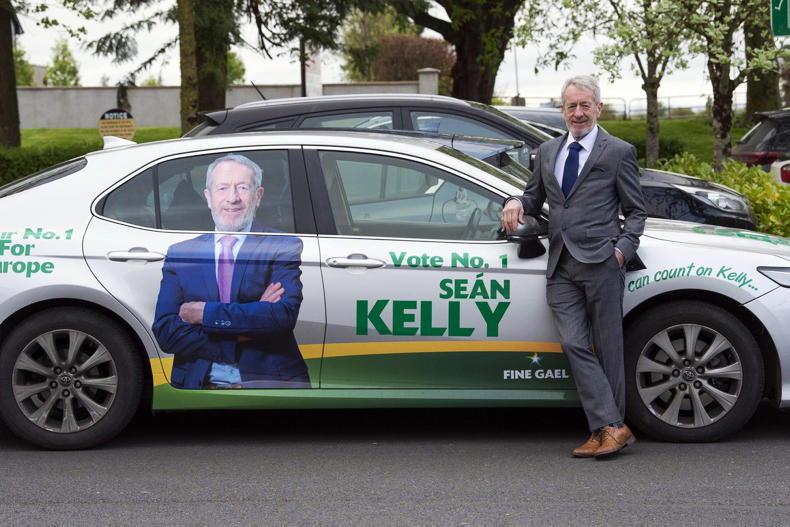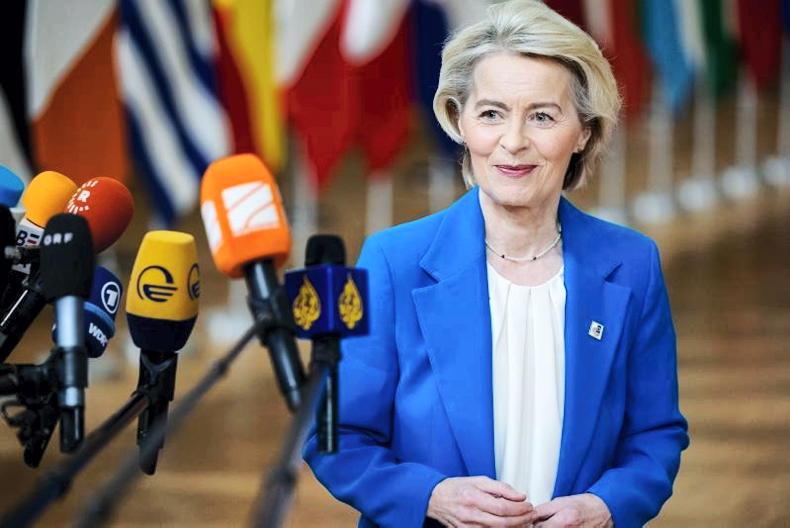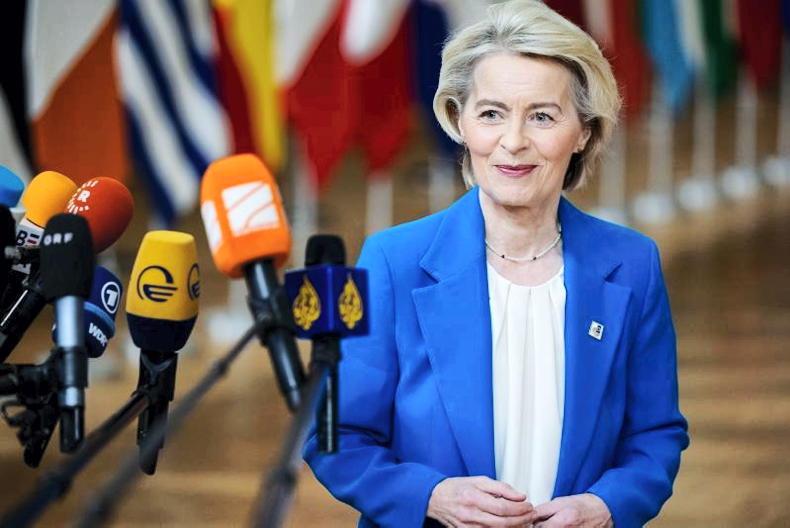From speaking to MEPs and European Commission officials in Brussels this week, it is clear that the EU appetite for international trade deals remains as strong as ever.
The fact that a temporary tariff-free arrangement for Ukraine has caused chaos in the grain markets for eastern EU states doesn’t alter this position, referring to the use of quotas for what they describe as sensitive products - beef, sheepmeat and dairy in everyday language.
The example of the New Zealand deal and soon-to-be-concluded Australian deal are used as examples and contrast is made with the UK.
While the EU has agreed access for 10,000t of New Zealand beef and some additions to the sheepmeat and dairy quotas which were already generous because of the UK legacy, the UK has given both New Zealand and Australia unlimited access for these products over time and generous quotas from the beginning.
Mercosur stalling
The deal that was of greatest concern to Irish beef producers was with Mercosur countries.
This was agreed three years ago, but progress on implementation has been slow, as President Bolsinaro, who was in office until the start of this year, presided over increased rainforest clearance.
This has led to the EU adding an annex to the agreement, which is currently under negotiation, and implementation negotiations had sped up for a period earlier this year.
However, President Lula has raised eyebrows in Brussels by getting closer to China, including switching from the US dollar for trade between the two countries and continued trade with Russia.
All this has meant that some of the steam has gone out of the discussions with Brazil, which had been expected to conclude early in the Spanish presidency of the EU, which commences on 1 July.
Sean Kelly MEP explains more in this video:
Parliamentary elections
Even if the deal with Mercosur is delayed and the upcoming Australian deal isn’t ratified before the next parliament, which is more than a year away, the reality is that the EU is determined to make these deals happen.
Protection of markets for EU farmers, despite the production constraints imposed by the EU, is a low priority. The Russian invasion of Ukraine gave the EU the greatest energy shock so far this century.
This has caused a focus on EU exposure to China for battery technology and materials that are required for a major switch away from vehicles operating with fossil fuels to EVs or battery powered.
Even in relation to agriculture itself, the Agriculture Commissioner repeatedly emphasised to the Irish Farmers Journal delegation that Europe was a greater exporter of agricultural produce than importer.
The general political mood in Brussels is to push ahead with trade deals.
Perhaps the biggest source of opposition in parliament is to be found among Green Party members, who are particularly opposed to deals with Brazil because of increased rainforest damage over recent years.









SHARING OPTIONS